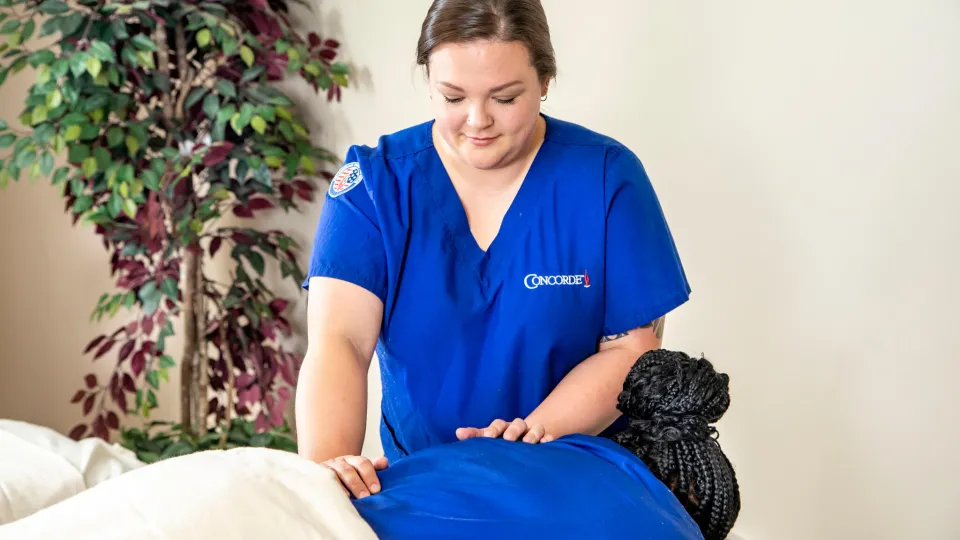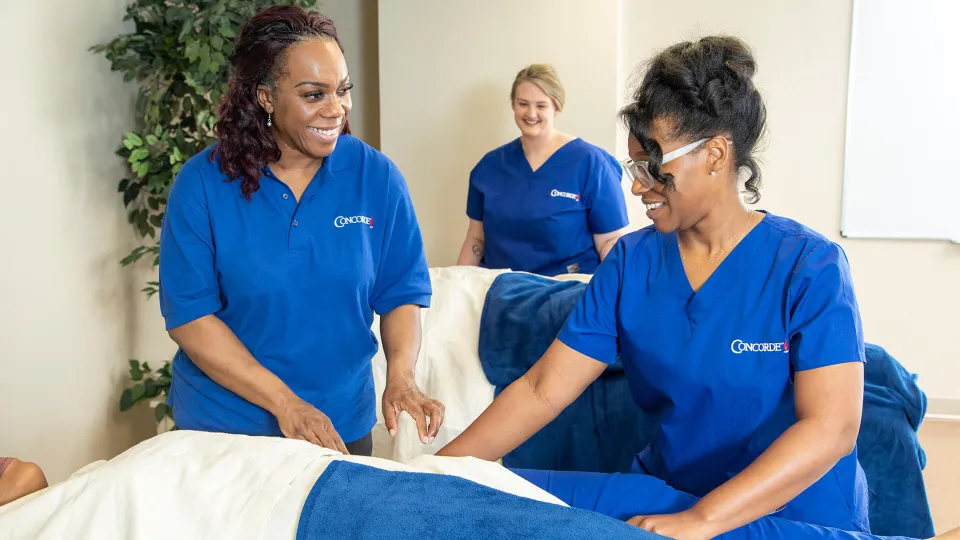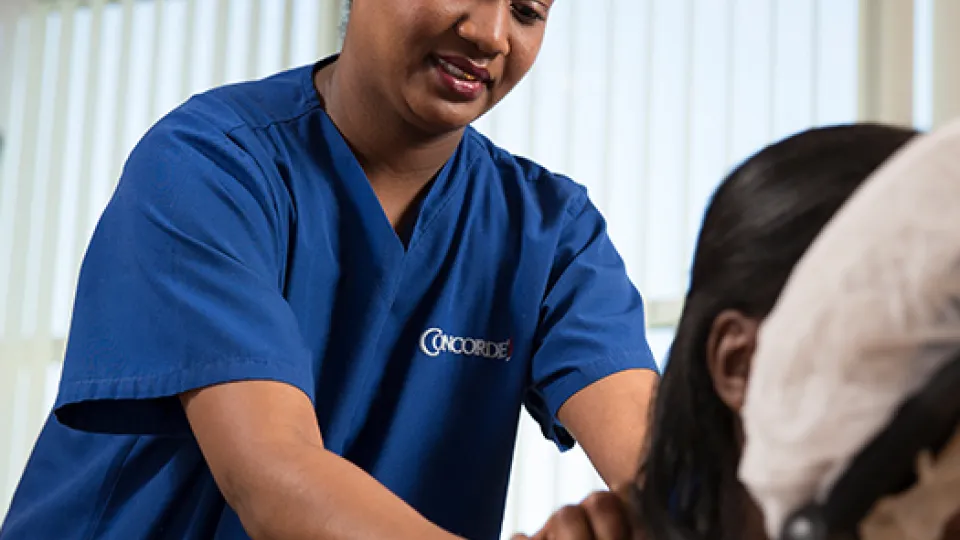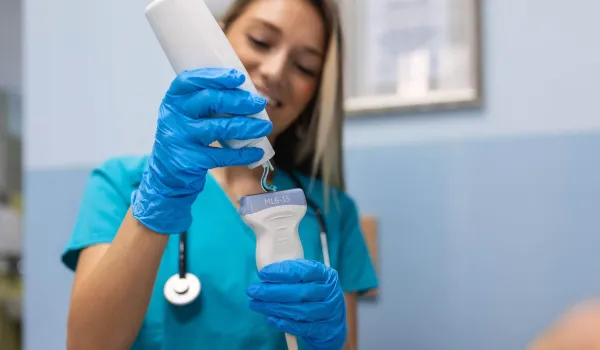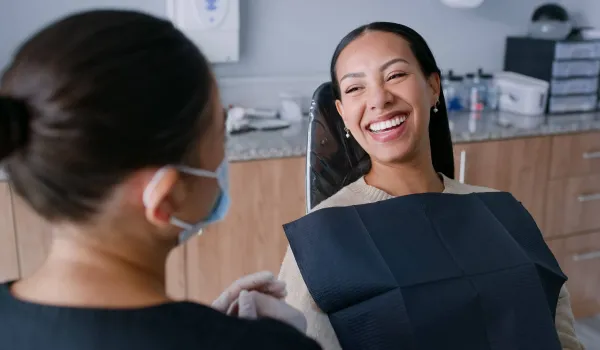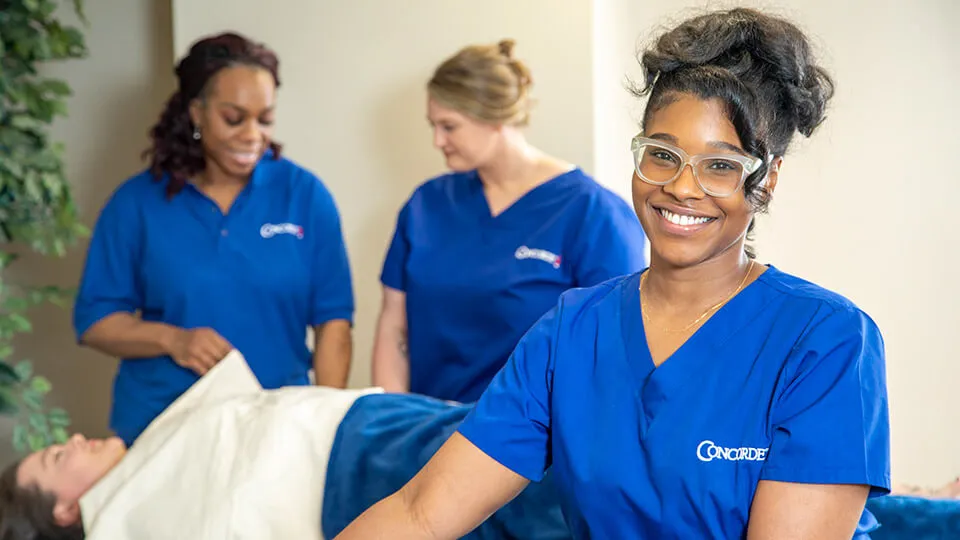
Becoming a massage therapist, also known as MT, is a great career choice for individuals who are interested in holistic and complementary health care. Professionals in this rapidly growing field are required to complete specialized training and acquire the necessary skills to help their patients relieve stress, reduce pain, and improve their overall well-being. Those who wish to pursue a career in massage therapy need to complete a state-approved training program and gain licensure. Let's find out how one can become a massage therapist in this comprehensive guide.
What Does a Massage Therapist Do?
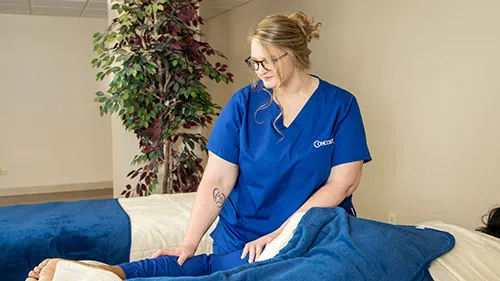
Everything You Need to Know About Massage Therapy
Massage therapists are health care professionals who help soothe tension, relieve soreness, and promote relaxation by manipulating the soft tissues of the body. Depending on their specialization or clients' needs, they may even perform massage therapy that enhances injury recovery or overall physical or mental wellness. The main duties and responsibilities of a massage therapist include:
- Creating a comfortable, relaxing, and therapeutic environment for patients.
- Identifying the needs of each patient, such as stress relief or physical therapy.
- Developing tailored massage therapy plans based on the individual needs and preferences of patients.
- Using specific massage techniques on certain parts of the body to ease symptoms.
- Frequently checking in with a patient during a session to ensure they're comfortable.
- Monitoring a patient's progress following each session to assess the effectiveness of their treatment methods.
- Suggesting holistic exercises and products to help patients reduce tension and pain.
Read more about the benefits of being a massage therapist.
How to Become a Massage Therapist
Typically, aspiring massage therapists are required to have a high school diploma or GED at the minimum to be eligible for a training program. They're required to complete specialized training, obtain licensure, and develop relevant soft skills to do well in the job. The following are the common steps an individual takes to pursue a career as a massage therapist:
Complete a Massage Therapy Training Program
Different states may have different academic and training requirements for massage therapists to acquire licensure and practice professionally. To be safe, individuals who are interested in a massage therapy career should enroll in a training program that offers coursework and training related to massage therapy, massage application, physiology, anatomy, and medical terminology. Business management and marketing courses are helpful to those who plan to start their own private practice.
Massage therapy training programs are composed of both academic and hands-on clinical work. Usually, they can be completed in six months of full-time training, but they may require a longer time if they're conducted in a state with more extensive requirements. The goal of a massage therapy program is to prepare students for certification and licensure exams, which test their ability to treat patients effectively.
Interested In How To Become a Massage Therapist?
Click here to explore Massage Therapy Programs near you!
Gain Real-World Experience
While attending a training program, massage therapy students may complete anywhere from 500 to 1,000 hours of training. Some states have set a minimum number of professional experience hours as an eligibility requirement for taking board-certified licensure exams. To meet this requirement, students should consider participating in an internship or working in the massage clinic at their schools. Such experiences enable them to practice massage therapy with the guidance of a licensed massage therapist. Additionally, they can learn how to devise therapy plans, perform different massage techniques, and monitor and report patient progress.
Pass the State Licensing Exam
The requirements for becoming a licensed massage therapist may vary from one state to another. Most states require candidates to pass the Massage and Bodywork Licensing Exam (MBLEx) (1), which is a multiple-choice test with 100 questions. The test is formatted in such a way that it poses increasingly difficult questions as the examinee progresses. It covers topics such as physiology, anatomy, pathology, kinesiology, patient assessment, practice guidelines, and ethics. The duration of the exam is two hours.
Those who fail the test can take it again after 30 days. In some states, other exams may be accepted or required, such as the Board Certification in Therapeutic Massage and Bodywork (BCTMB) exam.
Consider Gaining Certifications
After obtaining licensure, massage therapists can complete certain specialty certifications if they choose. Such certifications enable them to demonstrate their expertise in a specific form of massage, such as therapeutic or sports massage.
The National Certification Board for Therapeutic Massage and Bodywork (NCBTMB) works with other health care institutions and organizations to conduct exams that evaluate candidates' knowledge of conditions, treatment methods, and ethical concerns related to a specialty. These certifications pave the way for specializing in a specific kind of massage therapy or the treatment of a certain condition. They also show employers and patients that the certified therapists are committed to professional growth, which can lead to an increase in earning potential.
Maintain Licensure
Typically, a licensed massage therapist is required to undergo continuing education in massage therapy at a state-approved school to keep their licensure current. For instance, the recertification requirements for those with NCBTMB licensure include 100 hours of clinical experience and 24 hours of continuing education. In some states, massage therapists who want to keep their licenses are required to maintain liability insurance.
What Are the Traits Needed to Become a Successful Massage Therapist?
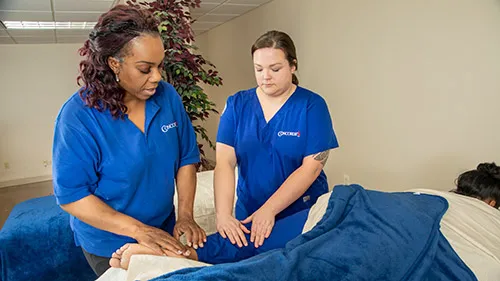
To administer effective treatments to their clients, a massage therapist needs to possess certain skills and attributes, such as:
- Communication skills: One of the responsibilities of a massage therapist is to discuss symptoms and treatment options with patients. Strong listening and communication skills enable them to devise effective treatment plans for different patients.
- Decision-making skills: With the ability to make good decisions, a massage therapist can evaluate a patient's needs and determine the best treatment method to help them recover and achieve their health goals. This skill is also useful for evaluating therapy plans and creating new approaches if necessary.
- Empathy: Massage therapists who are highly empathic can better understand their patients' concerns and develop appropriate treatment plans for resolving them.
- Physical strength and stamina: When treating a patient, a massage therapist is required to stand for a long time, apply the right amount of pressure, and maneuver into different positions. Being physically strong can help them do their job better.
Read more about what makes a good massage therapist.
What Is the Job Outlook for a Massage Therapist?
The United States Bureau of Labor Statistics has projected that the field of massage therapy will grow 18% from 2022 to 2032 (2). This rate is much faster than average when compared to all other occupations. Since they can work in a wide array of settings, massage therapists should find many opportunities when they look for employment.
What Are the Benefits of a Massage Therapy Career?

Massage therapy is growing at such a rapid rate because it offers many benefits as a career. This field ranked 11th on U.S. News' list of “Best Jobs Without a College Degree” (3), partly because of its flexibility and low-stress nature. Let's take a look at some of the benefits of becoming a massage therapist:
Opportunity to Help Others
One of the main reasons massage therapists choose their field of work is because it gives them the opportunity to help others. Massage therapy isn't just a recreational activity, but it can also aid in reducing stress, relieving muscle tension and pain, and treating an array of injuries and health conditions. Therefore, massage therapists can make a positive difference in people's lives.
Job Security
As mentioned earlier, massage therapists are in high demand, and this demand is projected in the future. Jobs aren't only found in gyms, spas, and resorts, but they're also increasingly available in hospitals and specialty clinics. In addition, while other industries are outsourcing and automating more and more jobs, it's quite unlikely that online workers or robots will replace massage therapists as they can't perform hands-on work. So, investing time and effort in this career path can lead to a solid return for many years.
Flexible Schedule
For those who want a flexible work schedule, becoming a massage therapist can be a great option. Many massage therapists don't have a traditional 9-to-5 workday. Some work on a part-time basis, while others are freelancers. The flexibility that comes with this career makes it easier to achieve a good work-life balance.
Career Growth
As they grow their client bases over time, massage therapists can secure more work. If they choose so, they can also specialize in a certain type of massage, such as reflexology, Shiatsu, Thai bodywork, medical massage, sports therapy, or infant massage. Alternatively, they may try to get promoted to a management role in a massage studio, resort, medical clinic, or other setting.
Concorde offers a comprehensive massage therapy diploma program that can be completed in 12 months. The program provides a supportive learning environment to help students acquire the necessary knowledge, skills, and attributes for a successful career in massage therapy. It includes classes conducted by instructors with professional experience and hands-on training in our on-campus clinic. Licensure preparation is also available through our campuses in Southaven, Mississippi, and Memphis, Tennessee. Contact us today to arrange a campus tour or apply for admission online.
Footnotes
1. "Taking the Exam," Federation of State Massage Therapy Boards, https://www.fsmtb.org/mblex/taking-the-exam/
2. "Massage Therapists," U.S. Bureau of Labor Statistics, https://www.bls.gov/ooh/healthcare/massage-therapists.htm
3. "Best Jobs Without a College Degree," U.S. News, https://money.usnews.com/careers/best-jobs/rankings/best-jobs-without-a-college-degree
Take The Next Step Towards a Brighter Future
Interested in learning more about our Massage Therapy program?
We have a Concorde representative ready to talk about what matters most to you. Get answers about start dates, curriculum, financial aid, scholarships and more!

